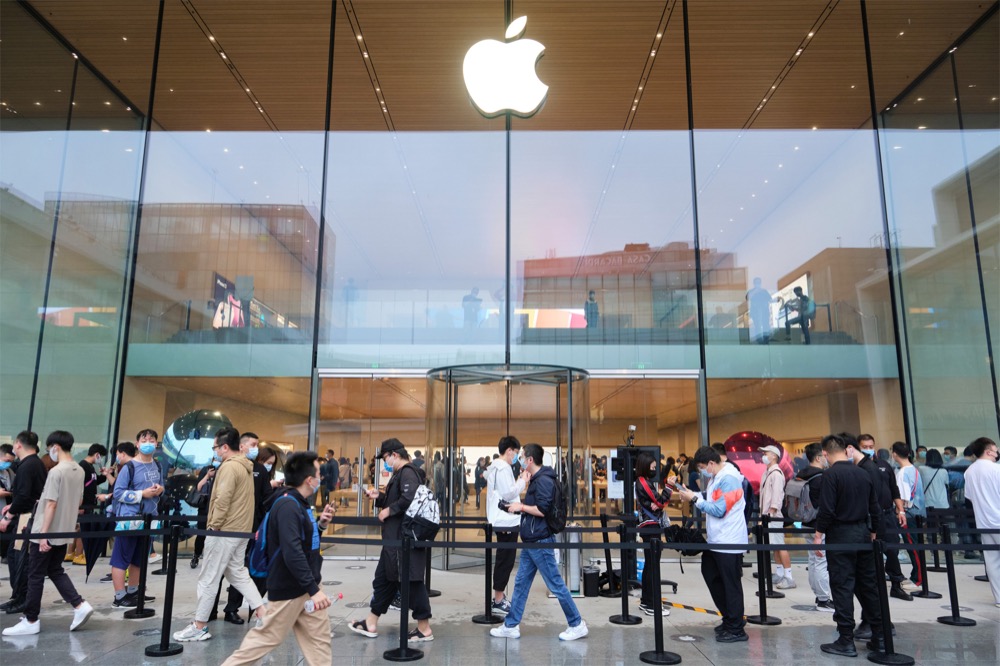Apple’s component supply chain may be hurting, reports claim

National and international supply chains seem to be under huge pressure, with fuel shortages in the UK and a slight shortage of Mac supplies everywhere else, with the new MacBook Air not now expected to ship until next year.
What’s happening?
A series of shocks are being felt across the supply chain, already stretched thin following months of the pandemic. This shock is being intensified by energy supply issues, along with national challenges in some nations that serve to magnify these impacts.
What this means for Macs?
These concerns have allegedly driven analyst Ming-Chi Kuo to revise his prediction concerning a new MacBook Air with next-generation Apple Silicon. Originally predicted for early to mid 2022, he now says this won’t now arrive until later next year due to component shortages. Apple is still expected to introduce an M1X MacBook Pro in the coming weeks.
What this means for Apple
Power shortages in China have halted or delayed component production across multiple supply chains, including some that provide parts for Apple and Tesla.
At least 15 Chinese companies have confirmed production had been disrupted by power curbs, while over 30 Taiwan-listed firms with China operations had stopped work. China is now rationing power, as it copes with tight coal supply driving costs up and more restrictions as it urgently seeks to reduce emissions.

I can imagine the moment the designer drew this blueprint after so many iterations – image c/o iFixIt
Some Apple suppliers are impacted. Unimicron Technology, said three of its subsidiaries stopped production between September 26-30. Foxconn affiliate Eson Precision has also had production halts. TSMC has not reported any problems, but iPhone speaker component supplier Concraft Holding has had to close production for a few days.
Is this problem spreading?
It might be. Apple in India is seeing strong iPhone demand alongside supply chain delays create lengthy iPhone waiting times, local reports claim. Indian customers are now waiting for weeks to get their device, while in the U.S. shipment delays already exceed those experienced at the same point in the iPhone 12 sales cycle. This reflects strong demand, but also relates to supply chain constraints, said JP Morgan analyst, Samik Chatterjee.
In the background of course we have what may turn out to be higher demand than ever for the all-new iPhone 13, with stampeding customers in some nations racing to be among the first to purchase a device.

Look, this is how to make Safari work more like it used to when you didn’t need to think about it
But is it a blip, or a trend?
There’s little point over-reacting. Most Apple suppliers will already have put together components for the tens of millions of devices Apple asked them to build earlier on this year when iPhone 13 manufacturing began. That capacity was booked.
What I think may be impacted will be newer products manufacturing of which began more recently, or hardware launches the company may have planned. In the event there is any major impact I don’t think it will be terribly obvious until Q1.
Given the scale of demand it makes no sense yet to see any iPhone availability problems that may emerge as anything other than evidence of the popularity of that product. These things are always in short supply and Apple has built up a lot of expertise in supply chain management. That’s why it has recently been asked to help secure the chain.
My take?
There are supply chain problems, of course there are, given most of the world is still suffering huge numbers of fatalities and remains unvaccinated. These are not normal times and will not be for quite a while yet.
Please follow me on Twitter, or join me in the AppleHolic’s bar & grill and Apple Discussions groups on MeWe.




